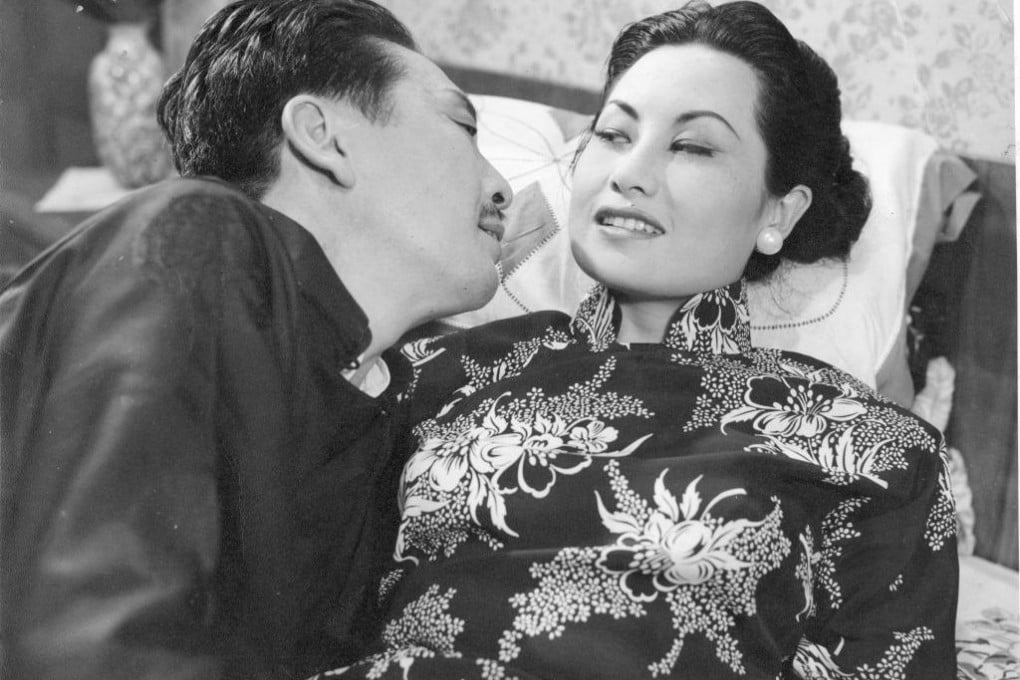Art House: Blood Will Tell features 1940s mainland star Bai Guang in a bad girl role

Prior to the 1940s, Chinese celluloid featured numerous bad women. Usually, these were supporting characters — and if they were in leading roles, they'd be redeemed to a semblance of virtue by the final reel. The rare exceptions were the anti-heroines essayed by Bai Guang, an actress-singer who reached the pinnacle of Shanghai celebrity during the second world war and continued her upward spiral after moving to Hong Kong in 1949.
Recruited by former mainland mogul S.K. Chang (aka Zhang Shankun) for his Hong Kong operation, Great Wall Pictures Corporation, Bai repeated the sensation she had created earlier that year in A Forgotten Woman, with the company's second blockbuster, Blood Will Tell (1949).
The drama was a perfect showcase for Bai's special brand of femme fatality, reuniting the star with director Griffin Yueh Fung and scriptwriter Doe Ching, the duo that had helped craft her screen persona back in Shanghai. Doe consummately captured Bai's allure in her role as the far-from-faithful wife of Third Master Ma (Yan Jun), an ostensibly upright businessman who in reality is the notorious "flying bandit" nicknamed "Begonia" (hence the movie's Chinese title, which literally translates as "Bloodstained Begonia").
Even motherhood does nothing to tame Third Madam Ma, who unsentimentally practises the art of self-survival with no concern for its impact on anyone other than herself.
The tale's inherent artifice enhances the vivid intensity Bai (above left with Wang Yuanlong) and Yan bring to their performances. Also in the cast is a roster of Shanghai movie elite resident in what was then a British colony. Prominent among them is singer-actress Kung Chiu-hsia and child star-turned-ingenue Chen Chuan-chuan, the latter playing Ma's abandoned daughter and the former the lady who raises her. The girl's transition from pre-adolescence to budding beauty is effectively achieved via the then common practice of musical montage, with Kung singing Blessings as 16 years pass by.
As "Chinese" as the story and technique may be, the film was very much influenced by Hollywood. Doe had entered the movie world as a translator of American studio publicity materials, and his familiarity with Hollywood convention is evident throughout. A case in point is the manner in which Blood Will Tell's wedding finale echoes that of King Vidor's Stella Dallas (1937).